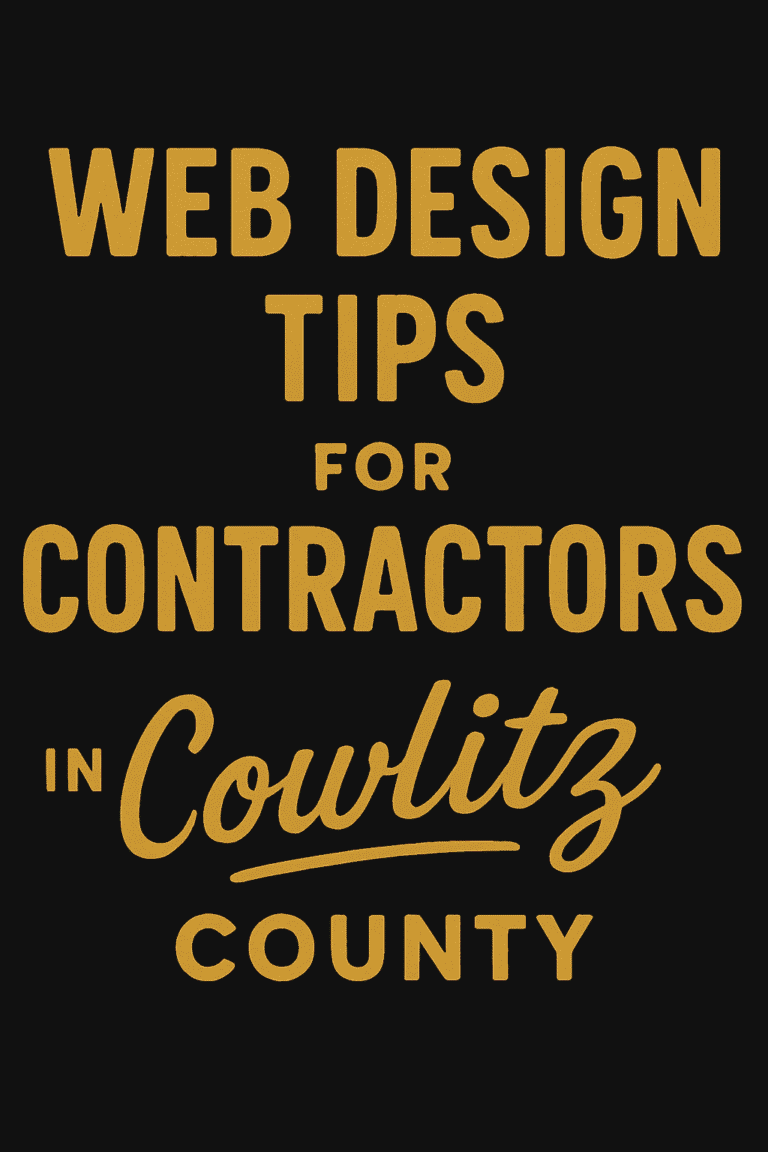
It’s never too early to think about SEO. Small business owners who are interested in generating more leads and improving their search engine rankings can use these tips to get started.
- Create a Google My Business Page: Ensure your business is map-listed, fill out all the fields, and add photos of your storefront and other locations if you have them.
- Link from social media profiles to company website: Add links from Facebook, Twitter, LinkedIn etc., so that people who share posts will also link back to your site.
- Use keywords in titles for blog posts or articles: Include keywords in the title of the post that relate directly with what it is about
- Update blog content regularly
- Optimize images using keyword rich file names and alt attribute text: Optimize images by using your keywords in filenames, like Business-SEO.jpg, and using the alt attributes to include another description of the image.
- Link to relevant sites or content on your site: Create links back to relevant pages on your site that you feel will help people find their way around your site better. This is also a good SEO strategy for increasing page rank with Google.
- Include company information in social media profiles: Make sure all public facing profiles contain the full company name as well as contact information so it’s easy for customers to find you online.
- Use keywords naturally throughout articles: The goal is not to jam pack your articles with keywords, but to include them naturally and use them in a way that makes sense for your post.
- Participate in social media communities: Join relevant group conversations on Facebook and LinkedIn as well as other social media platforms where people interested in SEO reside. Answer questions, share quality resources and make new connections. You can network with other SEO professionals that will offer advice or work together on joint SEO projects.
- Promote Your Website: One of the best SEO tips is to ensure that there are plenty of other places online mentioning your website name and linking back to it. RSS feeds should be utilized as well as SEO tools that keep track of who is linking to you and where.
- Create an infographic: Infographics are great for getting traffic because they catch people’s attention, which means more eyes on your SEO-focused website.
- Write guest posts for other blogs: This provides another opportunity to include keywords naturally in the copy while increasing the number of incoming links pointing at your site.
- Include SEO friendly page titles throughout the site: Every page should have a title that includes SEO friendly words related to what it’s about. It’s SEO best practice to utilize the SEO friendly words in the first 60-70 characters of a page title.
- Use SEO tools: There are SEO tools and plugins that make SEO easier including SEMRush, which offers on page SEO as well as many other features, such as SEO analytics and keyword research.
- Create engaging infographics: Infographics can be an effective tool for search engine optimization because they include images, text and links back to your website.
- Publish articles around keywords: The article should use the keyword at least once in the first paragraph, twice in the heading tag and once or twice throughout the body.
- Submit SEO friendly pages to online directories: Online SEO directories will help increase the SEO score of your site over time.
- Include SEO focused images on pages: Images should include SEO keywords in file names and alt text for optimal search engine optimization.
- Create social media profiles based around SEO keywords: This allows you to create links back to other SEO focused content, drive more visitors and build authority with Google, Bing and Yahoo.
- Make sure all blog posts are at least 500 words long: Blogs that are at least 400 words tend to get shared more often than shorter ones, which increases SEO exposure for your website. It also shows that there is valuable information on the page.
- Invest in SEO for your website: A SEO consultant can be hired to help you increase SEO rankings, generate more leads, and improve the SEO of your site over time.
- Use SEO keywords in page URLs: Try not to go over 60 characters with a SEO friendly URL because it will look suspicious to search engine bots.
- Create a sitemap that includes SEO keywords: This allows search engines like Google to easily find all pages on a website so they can index them faster and provide visitors with relevant results on their queries.
- Link on relevant websites: For SEO best practices it’s important to link out when linking within isn’t SEO friendly. An example of SEO unfriendly linking would include a SEO page with SEO links all on one page.
- In SEO terms, the home page is the most important page on a website: It ranks first in SEO best practice and should be optimized for SEO to get the biggest search engine results.
- Construct links that pass juice: Your goal with SEO best practices is to get links that will help your organic ranking without any SEO penalty because it’s spammy or manipulative.
- Use SEO keywords in H1 tags: Sometimes it might be necessary to use an H2 or an H3 tag if there isn’t enough content on a particular SEO page.
- Optimize SEO URLs: SEO URLs should include SEO keywords and SEO friendly words for optimal search engine optimization. The SEO URL should be descriptive to increase click through rate.
- Use images on SEO pages: Images are used in all SEO best practice articles because they can offer SEO benefits including more page authority, which boosts the overall sea ranking of a site.
- Answer questions on Quora related to your services and/or products: It’s important to answer questions that are being asked by potential clients/customers or people who want answers about the subject.
- Use SEO analytics: SEO analytics can be very helpful in improving SEO and increasing the SEO score of a website over time.
- Create newsletters with SEO relevant content: Newsletters are used in all SEO best practice articles because they offer an excellent way to add SEO relevant content on a regular basis without having to add it to every page on a website. Even if the newsletter isn’t opened, search engines will index the links for potential traffic.
- Include SEO keywords in meta data: SEO websites should include as many SEO related words as possible, including page descriptions and titles, for optimal search engine optimization efforts.
- Add videos on SEO pages: Since Google owns YouTube there is an opportunity to get more organic search engine exposure by including videos on SEO specific pages, which also offers social media benefits like increased brand awareness and user engagement opportunities.
- Use SEO hashtags: Even though SEO hashtags don’t have much SEO impact, they are still used by search engines to identify SEO relevant SEO topics being discussed on social media sites. It’s important to keep up with industry trends because this will help generate leads and increase the number of SEO opportunities for a business.
Again, it’s never too early to start thinking about SEO. Whether you are a small business owner who is interested in generating more leads and improving your search engine rankings or just someone looking for some helpful tips on how to get started, the information we have provided should be very useful. If you need help with any of these things (or anything else related), call us (360) 450-3711. Our team will work with you to create an effective digital marketing campaign that drives traffic, improves conversion rates, generates more sales, and helps raise brand awareness.





